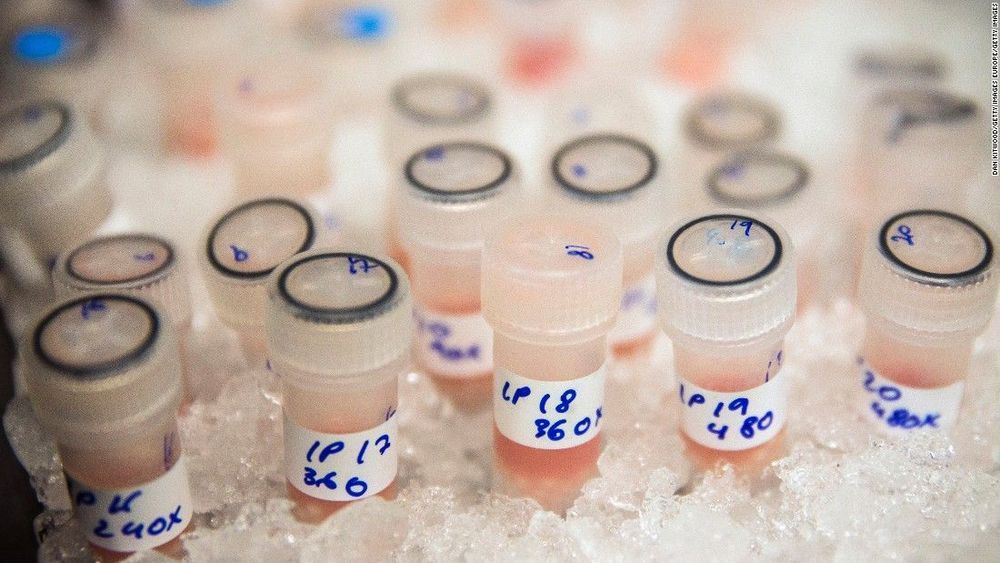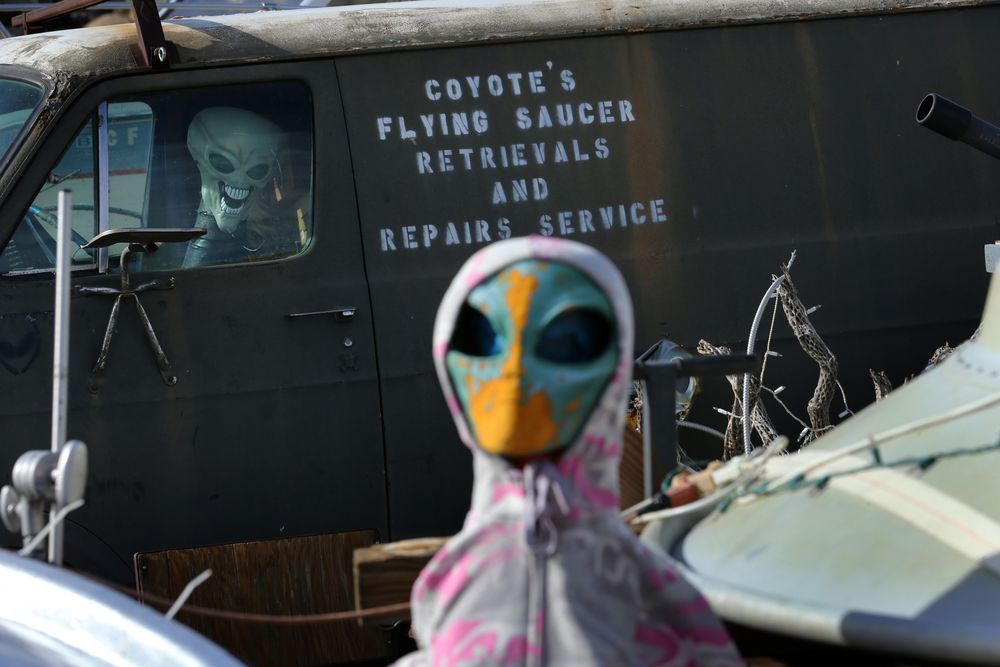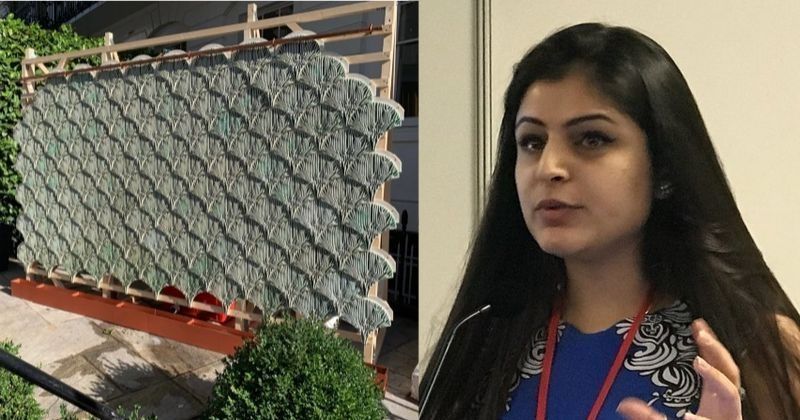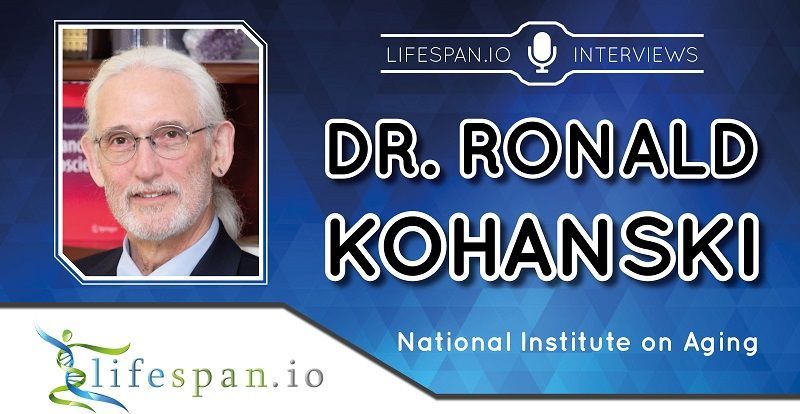Page 8236
Oct 16, 2019
In-Silico Clinical Trials — Virtual Bodies For Real Drugs — Dr. William Pruett — University of Mississippi Medical Center — ideaXme — Ira Pastor
Posted by Ira S. Pastor in categories: aging, bioengineering, biotech/medical, DNA, futurism, genetics, health, life extension, neuroscience, science

Oct 16, 2019
Microsoft Wants to Censor Xbox Live Voice Chat in Real Time
Posted by Quinn Sena in category: futurism
Oct 16, 2019
This med student was given last rites before finding a treatment that saved his life. His method could help millions
Posted by Paul Battista in categories: biotech/medical, neuroscience
He lay in a hospital bed at the University of Arkansas, stricken with a rare disease. His blood platelet count was so low that even a slight bump to his body could trigger a lethal brain bleed. A doctor told him to write his living will on a piece of paper.
Fajgenbaum was rushed to a CT scan. Tears streamed down his face and fell on his hospital gown. He thought about the first patient who’d died under his care in medical school, and how her brain had bled in a similar way from a stroke.
He didn’t believe he’d live out the scan.
Oct 16, 2019
They have the ability to transport themselves anywhere even without a spaceship
Posted by Quinn Sena in categories: alien life, quantum physics
Alien life is behind the mysteries of the universe, according to a radical new theory.
Ancient non-human lifeforms morphed into the physical world and are the driving force behind mind-boggling quantum physics and phenomena like dark matter, according to a Columbia University astrophysicist.
The expert says our universe is the remains of intelligent alien life which controls all aspects of the physical world — from gravity to the speed of light.
Oct 16, 2019
Indian Architect Has Created An Algae Wall To Purify Polluted Water Without Harmful Chemicals
Posted by Quinn Sena in category: materials
Shneel Malik, a Barlett doctoral candidate, has created Indus — a modular wall system that is created to clean water polluted using dyes and chemicals with the help of ceramic tiles and algae. The ceramic tiles used to create this modular wall is layered with microalgae and seaweed-based hydrogel.
Oct 16, 2019
Watch Tesla with ‘Bioweapon Defense’ air system drive through scary wildfires
Posted by Quinn Sena in categories: sustainability, transportation

Tesla’s air filtration system with “Bioweapon Defense Mode” is proving useful for the owners affected by the current wildfires in California.
Watch an owner using the system while going through a hellish-looking road with scary air quality.
Continue reading “Watch Tesla with ‘Bioweapon Defense’ air system drive through scary wildfires” »
This could lead to euclidean geometry devices.
A system for transmission of information using a curl-free magnetic vector potential radiation field. The system includes current-carrying apparatus for generating a predominantly curl-free magnetic vector potential field coupled to apparatus for modulating the current applied to the field generating apparatus. Receiving apparatus includes a detector with observable properties that vary with the application of an applied curl-free magnetic vector potential field. Analyzing apparatus for determining the information content of modulation imposed on the curl-free vector potential field is coupled to the detector. The magnetic vector potential field can be established in materials that are not capable of transmitting more common electromagnetic radiation.
Oct 16, 2019
An Interview with Dr. Ronald Kohanski
Posted by Paul Battista in categories: biotech/medical, chemistry, life extension
It was a pleasure speaking to Dr. Ronald Kohanski at the 2019 Ending Age-Related Diseases conference. Dr. Kohanski joined the field of aging research in 2005 as a Program Officer for the Division of Aging Biology at the National Institute on Aging. He moved on to become its Deputy Director in 2007 and has held the position ever since. Within aging research, he has focused his efforts on the areas of stem cell and cardiovascular biology.
Besides his work at the NIA, Ronald Kohanski is a co-founder and co-leader of the trans-NIH Geroscience Interest Group (GSIG) with which he has organized several summits to discuss and disseminate the group’s focus. The GSIG directs its attention toward aging as the major risk factor for most chronic age-related diseases, and Dr. Kohanski actively encourages researchers to expand studies beyond laboratory animals. He underwrites the importance of addressing the basic biology of aging explicitly in human and non-laboratory animal populations. He believes that age should be considered a fundamental parameter in research that uses animal models of chronic disease.
Dr. Kohanski was trained in the field of biochemistry. He received his PhD from the University of Chicago in 1981, after which he conducted a postdoctoral fellowship with M. Daniel Lane at the Johns Hopkins University School of Medicine. He held a faculty position at the Mount Sinai School of Medicine for 17 years before returning to Johns Hopkins as a faculty member and researcher in the areas of enzymology and developmental biology of the insulin receptor.
















